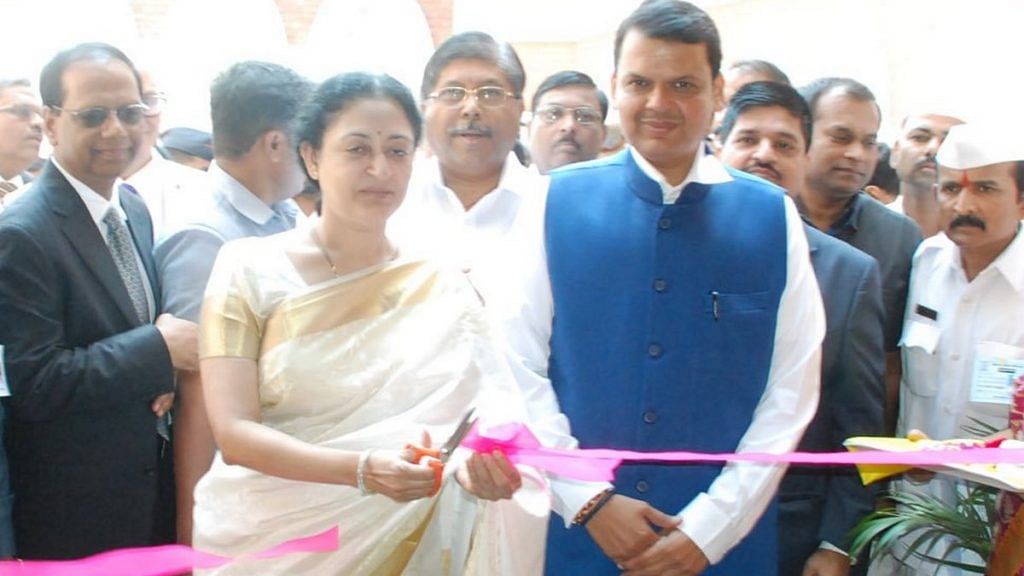New Delhi: The Supreme Court Collegium has turned down a request by Madras High Court Chief Justice V.K. Tahilramani to reconsider its decision to transfer her to the Meghalaya High Court.
The collegium of five senior-most judges, headed by Chief Justice of India Ranjan Gogoi, had on 28 August passed a resolution recommending the transfer of Justice Tahilramani as the Chief Justice of Meghalaya HC.
Justice A.K. Mittal, who heads the Meghalaya HC, was recommended to take Justice Tahilramani’s position in the Madras HC.
But when Justice Tahilramani was informed of the collegium’s decision on 2 September, to which she was expected to express her consent as per procedure, she urged the collegium to reconsider its decision.
The collegium then met on 3 September to consider her request but decided against it and noted that it “was not possible to accede” to it.
Justice Tahilramani is one of the senior-most high court judges in the country. Before she began her tenure as the Madras High Court chief justice on 8 August, 2018, she had served as the acting chief justice of the Bombay High Court.
While at the Bombay HC, Justice Tahilramani had in May 2017 upheld the conviction and life imprisonment of 11 people in the 2002 Bilkis Bano gang-rape case that had taken place after the Gujarat riots. She had also, in a 400-page verdict, set aside the acquittal of seven accused, including policemen and doctors.
The case had been transferred to Maharashtra from Gujarat by the Supreme Court.
The tale of two courts
Justice Tahilramani’s transfer has raised eyebrows as she moves from one of the oldest and largest high courts in the country to one of the newest.
The Madras HC was among the three established in the three Presidency Towns of Bombay, Calcutta and Madras by letters patent granted by Queen Victoria, bearing the date of 26 June, 1862. It functions at a sanctioned strength of 75 judges and currently has over 4 lakh pending cases.
On the other hand, the Meghalaya HC was set up in 2013 and has a sanctioned strength of three judges. Only two, Justice A.K. Mittal (Chief Justice) and Justice Hamarsan Singh Thangkhiew, are currently serving in the court. The Meghalaya HC has only about 1,036 pending cases.
The issue of consent
As per normal procedure, after the SC collegium recommends the transfer of a judge, the memorandum of procedure comes into play where the judge is expected to communicate his/her response to the collegium.
Justice Vivek Agarwal of Madhya Pradesh HC, who has been now transferred to Allahabad HC, had expressed his consent but requested reconsideration, seeking to stay back at Madhya Pradesh.
In the case of Justice Tahilramani, however, she did not express consent and only wanted the collegium to reconsider its decision.
Also read: Gujarat riots rape survivor Bilkis Bano says Supreme Court has let me know it stands with me
